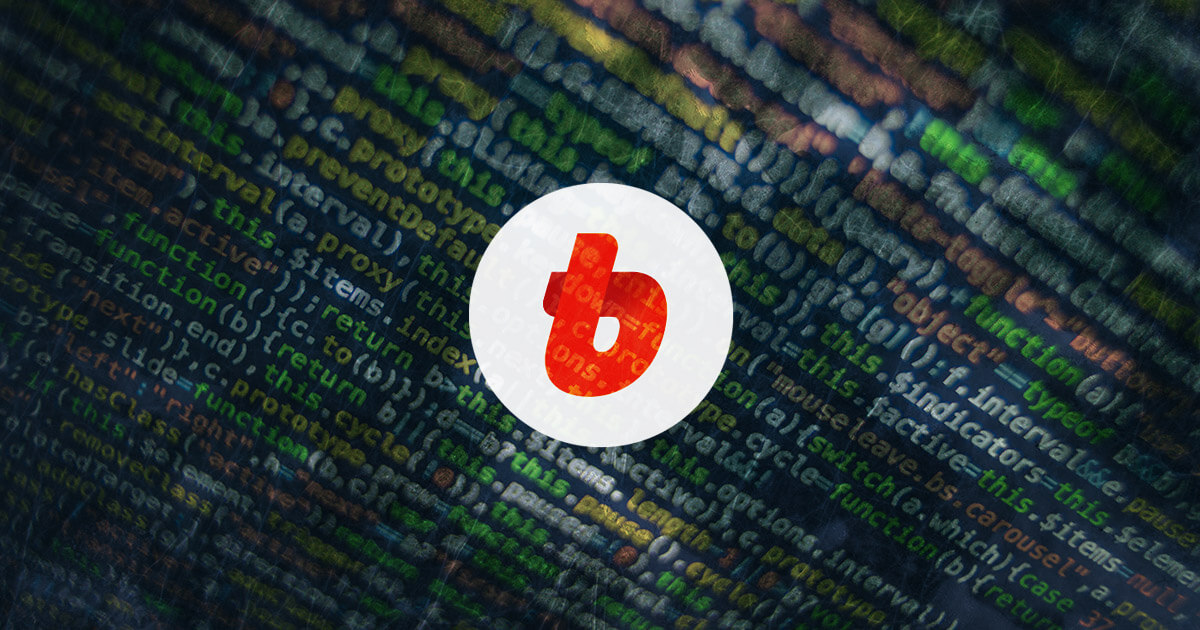Bithumb Splits Business as It Eyes Late 2025 IPO
23.04.2025 9:00 1 min. read Alexander Stefanov
Amid rising regulatory pressure and political uncertainty in South Korea’s crypto sector, Bithumb is restructuring its business in a strategic move ahead of a planned IPO.
By July 31, the exchange will spin off its non-core operations into a new entity, “Bithumb A,” leaving the main platform with a 56% stake and the new company with 44%. The split aims to shield Bithumb’s core trading business from external risks and streamline its path toward public listing.
The IPO is targeted for late 2025, with Samsung Securities as lead underwriter. While a domestic listing is the likely choice, a Nasdaq debut remains under consideration.
This comes after a strong 2024 performance, with Bithumb reporting $110 million in net profits—a sharp rebound, though still behind rival Upbit.
Despite financial gains, Bithumb has faced mounting regulatory issues, including a KYC-related suspension and sanctions on parent company Dunamu. By separating its operations, the exchange hopes to navigate compliance hurdles more effectively while strengthening investor appeal.
Whether Bithumb’s listing lands in Seoul or on Wall Street, the company is signaling its ambition to become a major global force in crypto.
-
1
South Korea Elects Pro-Crypto Leadership, Paving Way for Digital Asset Reforms
04.06.2025 22:00 2 min. read -
2
Binance Lawsuit Dropped as SEC Withdraws Case
30.05.2025 12:00 1 min. read -
3
Top Nvidia Leaders Set to Cash Out as Stock Surges
31.05.2025 12:00 2 min. read -
4
Pump.fun Reportedly Planning Massive Token Sale Despite Revenue Drop
04.06.2025 20:00 2 min. read -
5
Brad Garlinghouse Rejects Rumors of Ripple-Circle Acquisition Deal
04.06.2025 19:00 1 min. read
OKX and MetaMask Join Forces to Boost Decentralized Trading Efficiency
OKX has teamed up with Ethereum development firm Consensys to integrate its decentralized exchange (DEX) aggregator into MetaMask, giving users access to faster, more efficient token swaps across over 500 DEXs on 25 blockchains.
Big Funds Sell $51B in May, But Buybacks Cushion U.S. Stock Market
Large institutions accelerated their retreat from equities last month, unloading roughly $50.8 billion in U.S. shares, according to S&P Global.
Bitcoin Miner Bitdeer Boosts War Chest With New Convertible Notes Deal
Bitdeer Technologies, a Bitcoin mining firm based in Singapore, is gearing up to raise $330 million through a fresh offering of senior convertible notes maturing in 2031.
BlackRock’s BUIDL Fund Becomes Margin Collateral on Deribit and Crypto.com
Institutional traders on Deribit and Crypto.com can now post BlackRock’s tokenized U.S. Treasury fund, BUIDL, as margin—an industry first for a low-volatility, yield-bearing digital security.
-
1
South Korea Elects Pro-Crypto Leadership, Paving Way for Digital Asset Reforms
04.06.2025 22:00 2 min. read -
2
Binance Lawsuit Dropped as SEC Withdraws Case
30.05.2025 12:00 1 min. read -
3
Top Nvidia Leaders Set to Cash Out as Stock Surges
31.05.2025 12:00 2 min. read -
4
Pump.fun Reportedly Planning Massive Token Sale Despite Revenue Drop
04.06.2025 20:00 2 min. read -
5
Brad Garlinghouse Rejects Rumors of Ripple-Circle Acquisition Deal
04.06.2025 19:00 1 min. read


